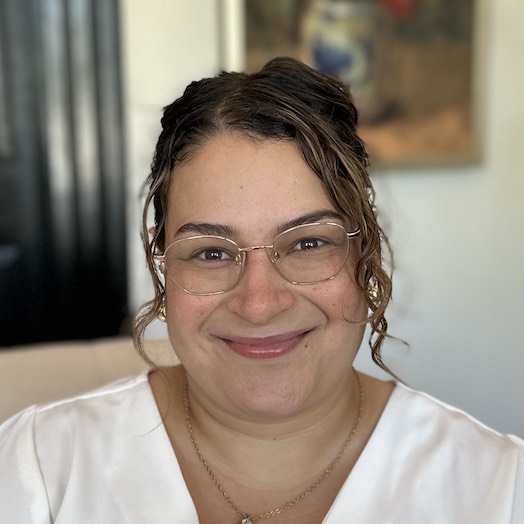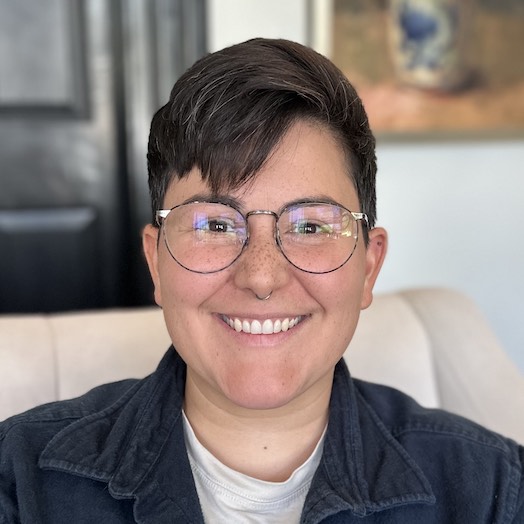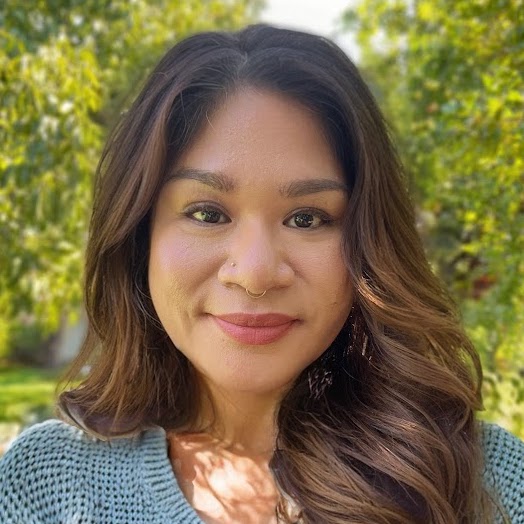
The Covid-19 pandemic has introduced many mental health challenges. The WHO noted that globally, the prevalence of depression and anxiety rose by a massive 25%. Fear and anxiety about the pandemic, isolation, and numerous other factors contributed to this increase, as well as the increase of other types of mental health disorders.
One of these orders that has been heavily exacerbated by the pandemic is illness anxiety disorder. Today, we are going to discuss what this disorder is and what its major symptoms are. Illness anxiety disorder can have major impacts on your well-being, so if these signs sound familiar, it’s a good idea to discuss them with a mental health professional.
What Is Illness Anxiety Disorder?
Illness Anxiety Disorder (IAD), formerly known as Hypochondriasis or Hypochondria, is a psychiatric condition characterized by excessive worry about having a serious medical condition despite minimal or no evidence of illness. People with this disorder often misinterpret normal bodily sensations as signs of a severe medical condition, and this leads to persistent fears of being seriously ill. The preoccupation with health concerns can significantly impact daily functioning, leading to distress and impairment in various aspects of life.
People with IAD often engage in “body checking” behaviors, such as frequent medical appointments, extensive online health research, and seeking reassurance from healthcare professionals or loved ones. Despite repeated medical reassurances that there is no serious illness, individuals with IAD remain unconvinced and may continuously shift their focus from one bodily symptom to another. This constant preoccupation can lead to a cycle of anxiety, as the fear of having a severe illness persists, triggering stress and further exacerbating the perceived symptoms.
What Causes Illness Anxiety Disorder?
The exact cause of IAD is not well understood, but a combination of biological, psychological, and environmental factors may contribute to its development. Individuals with a history of anxiety disorders or a family history of health-related anxiety may be more prone to developing IAD. Additionally, experiences such as a serious illness in childhood or exposure to significant health-related stressors may contribute to the onset of this disorder.
The Covid-19 Pandemic and IAD
In today’s epidemiological landscape, it’s impossible to talk about IAD without talking about Covid-19. The COVID-19 pandemic has had a profound impact on mental health worldwide, and one of the notable consequences has been an increase in health-related anxiety and IAD. Several factors associated with the pandemic have contributed to the development or exacerbation of IAD in some people.
Heightened Health Concerns
The constant stream of information about the virus, including its symptoms, transmission, and potential severity, has led to increased health-related concerns. Individuals may have become hyper-aware of their bodily sensations and interpreted them as potential signs of COVID-19, contributing to heightened anxiety.
Uncertainty and Fear of the Unknown
The novel nature of the virus, coupled with uncertainties about its long-term effects and the constantly evolving public health recommendations, has fueled fear and anxiety. The lack of definitive answers and the unpredictable nature of the pandemic have left many individuals feeling vulnerable and preoccupied with their health.
Isolation and Social Distancing
Measures such as lockdowns, social distancing, and isolation have disrupted normal social interactions and support systems. The resulting loneliness and isolation can contribute to heightened anxiety and exacerbate pre-existing mental health conditions, including IAD.
Media Exposure
Continuous exposure to pandemic-related news and discussions on various media platforms has the potential to increase anxiety. Sensationalized stories and misinformation can lead individuals to overestimate their risk of contracting the virus or experiencing severe health consequences.
Grief and Loss
The pandemic has brought about widespread loss, including the loss of loved ones, jobs, and a sense of normalcy. Grieving and the associated emotional distress can manifest physically and be misinterpreted as symptoms of a severe illness, contributing to health-related anxiety.
Signs of Illness Anxiety Disorder
If you find yourself constantly preoccupied with concerns about your health, often fearing the worst despite reassurances from medical professionals, you may be experiencing signs of IAD. Here are some indications that this condition might be affecting you:
Excessive Worry about Health
You may find that thoughts about potential illnesses dominate your mind regularly. Even minor bodily sensations or normal variations in health can trigger intense anxiety, leading you to believe that you have a serious medical condition.
Frequent Medical Checkups
If you frequently visit healthcare professionals, seeking reassurance about your health despite receiving negative test results or assurances that you are in good health, it could be a sign of IAD. The need for repeated medical examinations may be driven by an overwhelming fear of undetected illnesses.
Compulsive Health Research
You may spend a significant amount of time researching symptoms, medical conditions, and potential health threats online. This excessive information-seeking can contribute to heightened anxiety and reinforce your fears about having a severe illness.
Constant Body Checking
Engaging in frequent “body checking” behaviors is common in IAD. This may involve closely monitoring your body for any signs of illness, such as checking your pulse, monitoring your temperature, or constantly assessing your physical well-being.
Impact on Daily Life
If your health-related worries interfere with your daily life, relationships, work, or other aspects of functioning, it may be a sign of IAD. The constant preoccupation with health concerns can become overwhelming and impair your ability to enjoy life.
Seeking Reassurance
Constantly seeking reassurance from family, friends, or healthcare providers about your health can be a characteristic behavior. Reassurance seeking is a common coping mechanism, but in the context of IAD, it often provides only temporary relief, with anxiety returning shortly afterward.
If you recognize these signs in yourself and they are significantly impacting your well-being, it’s essential to seek professional help. A mental health professional can assess your symptoms, provide a proper diagnosis, and guide you through effective treatment strategies tailored to address the challenges associated with illness anxiety disorder.
Treating Illness Anxiety Disorder
IAD is usually treated through a combination of psychotherapy, medication, and support. The goal of treatment is to help individuals manage their health-related anxieties, challenge maladaptive thought patterns, and improve their overall well-being. Cognitive-Behavioral Therapy, or CBT, is one of the primary methods used to treat IAD. It focuses on identifying and challenging irrational thoughts and beliefs related to health concerns. A therapist helps you develop healthier thought patterns, coping mechanisms, and realistic perspectives on your health.
Exposure therapy is also a good approach for IAD. This is a specific type of CBT that involves gradually exposing individuals to situations or thoughts related to their health fears. The goal is to reduce anxiety over time by facing and overcoming the fear of illness in a controlled and supportive environment.
Finally, mindfulness techniques, such as meditation and mindfulness-based stress reduction can help folks with IAD become more aware of their thoughts and sensations without becoming overwhelmed by them. Mindfulness practices promote a non-judgmental awareness of the present moment, reducing the impact of health-related anxieties.
If you recognize the symptoms of IAD in your own behavior, there is hope. Reach out to the therapy team at Love Heal Grow. Our therapists are very familiar with CBT and how to teach you about coping skills and mindfulness techniques that will help you overcome the strain of illness anxiety disorder.
























